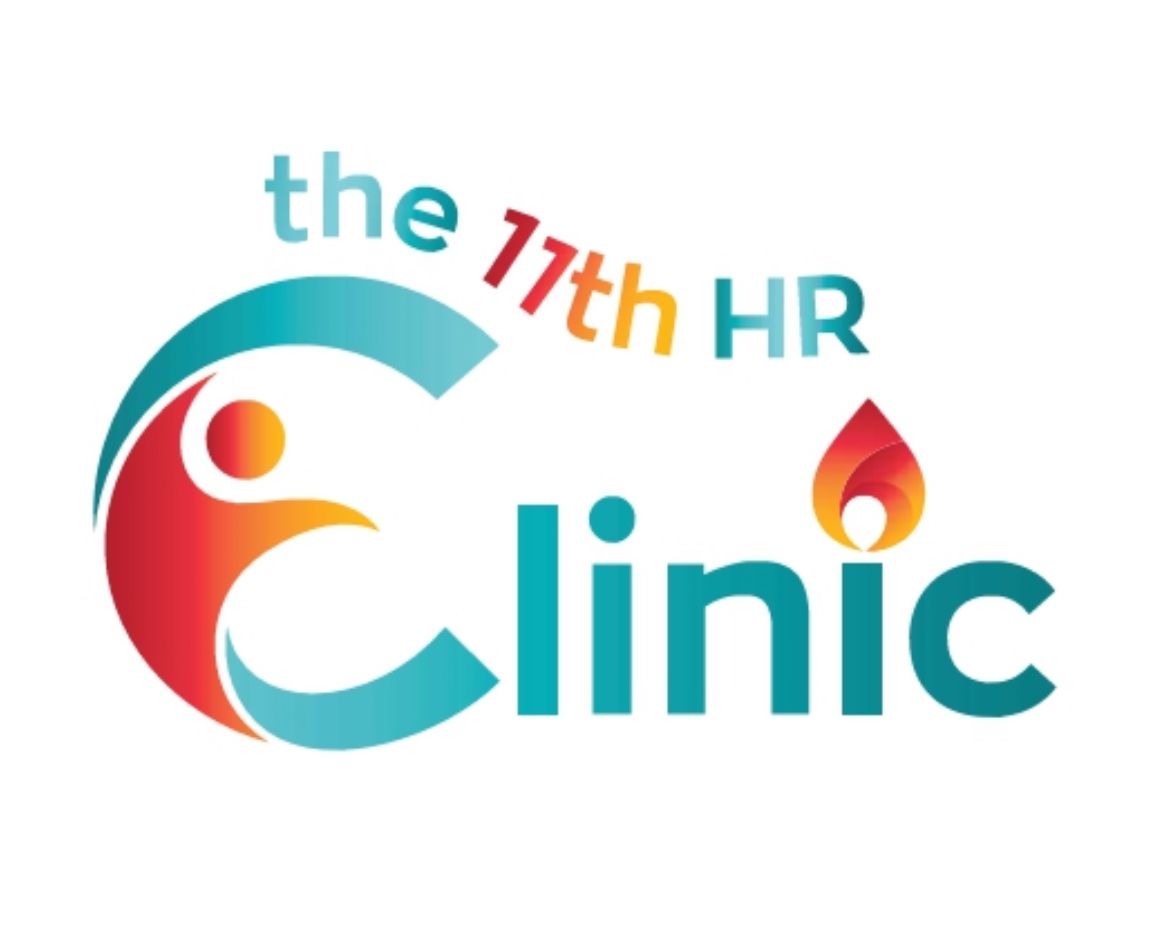Job Fit & Performance
Mismatch leads to Poor Mental Health
Person-Job Fit refers to the alignment between an individual's skills, knowledge, abilities, and personality traits with the requirements and demands of a specific job. It determines how well a person can perform in a given role and whether they will find satisfaction in it. Career choices are often guided by advice such as follow your interests, what you are good at or following a line of succession. In the world of work where there is now increasing change due to advanced technology and shifting markets, this advice has become dated.
Creating an alignment with skills, abilities, knowledge and role is important as it leads to higher job performance, increased job satisfaction, lower employee turnover and improved wellbeing. Where there is a mismatch between person and job, occupational burnout is likely to occur. Employees who fit their jobs are much more productive, producing consistent results, regardless of market fluctuations.
Poor person-job fit can significantly impact mental health, leading to stress, occupational burnout, and job dissatisfaction. Signs that you will see where there is poor person-job fit, excluding interim training periods where a certain level of stress and poor performance is normal, include the following:
1. Increased Stress & Anxiety
- Mismatch between skills and job demands leads to frustration and chronic stress
- High workload or unrealistic expectations create anxiety and pressure
2. Burnout & Exhaustion
- Emotional, physical, and mental fatigue from struggling to meet job expectations
- Constantly feeling incompetent or overwhelmed leads to long-term exhaustion
3. Low Self-Esteem & Confidence Issues
- Lack of appropriate feedback leaves employees floundering without clear direction
- Feeling "stuck" in an unsuitable role can damage self-worth
4. Job Dissatisfaction & Demotivation
- A lack of alignment with personal values, interests, or goals reduces engagement
- Tasks may feel meaningless, leading to boredom and frustration
5. Depression & Emotional Distress
- An inability to perform at the same pace as your coworkers can lead to emotional sensitivity
- Lack of reward for performance can make employees feel unfulfilled and disengaged
6. Work-Life Imbalance
- Excessive demands from a poor job fit may spill into personal life, leading to strained relationships
- Difficulty disconnecting from work-related stress at home
7. Increased Absenteeism & Physical Health Issues
- Chronic stress weakens the immune system, leading to frequent illness
- Employees may take more sick days or even quit due to mental exhaustion
Leaving an employee in a role where poor person job-fit is clear creates psychological harm. When an employee is not performing it is important to have a conversation and provide clear, and direct feedback. The word of work is diverse and there are likely many other opportunities available to explore. Teams tend to naturally pick up the slack for these employees, limiting overall team functioning.
We provide a range of coaching services for our clients to help address issues related to job fit, mental health and poor performance. To find out how we can help contact us by
phone or
email, or send us an
enquiry online.



